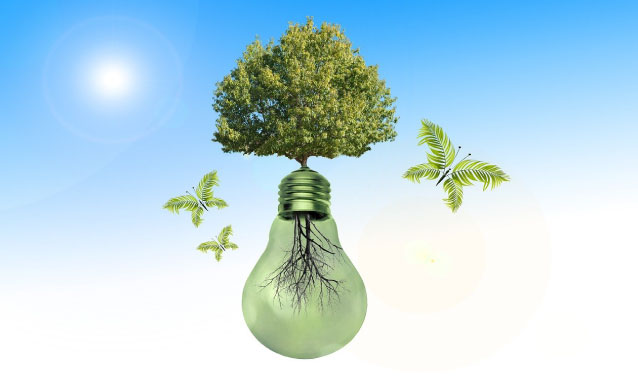
22 June 2023
The four countries that share the Limpopo River basin (Mozambique, South Africa, Botswana and Zimbabwe) have pledged to deepen their collaboration to promote the sustainable development of the Basin, according to a Wednesday press release from the Limpopo Watercourse Commission (LIMCOM).
The commitment came at meetings in the member states organised by LIMCOM, intended to appraise the states and key stakeholders on the implementation of the project “Integrated Transboundary River Basin Management for the Sustainable Development of the Limpopo Basin”.
Cited in the release, the Deputy Director for Water in the Ministry of Land and Water Affairs of Botswana, Kobamelo Dikgola said the sustainable development of the Limpopo Basin “is critical in ensuring that transboundary water resources are preserved for present and future generations.
“The Limpopo is a key strategic basin for Botswana,” added Dikgola.
“We will continue to work with other member states to ensure that all interventions implemented in the Basin benefit local communities.”
The Director of Water Resource Development in Zimbabwe, Gilbert Mawere, said the countries sharing the Limpopo “have no option but to continue working together because uncoordinated activities in any of the countries will have an impact on the others.”
Messias Macie, a director in the Mozambican Ministry of Public Works, Housing and Water Resources, stressed that, as the host of the LIMCOM Secretariat “Mozambique will remain at the disposal of the Secretariat and member states to ensure that all interventions are effectively implemented in the Basin.”
As part of the country meetings, LIMCOM has identified Sustainable Land Management (SLM) pilot sites “to engage with the communities living in the area”. The release says that these sites “are expected to yield socio-ecological benefits, whilst exploring opportunities for Payment for Ecosystem Services”.
The Sustainable Land Management (SLM) pilot site in Mozambique is the Massingir dam, on the Elephants River, a major tributary of the Limpopo in Gaza province. The Limpopo Basin catchment area covers 408,000 square kilometres. 18 million people live in the Basin.
The release notes that the Basin “is facing severe water stress that has been exacerbated by climate change and increasing population. It is critical to address these transboundary water challenges through cooperative actions by the Basin States”.
The purpose of the sustainable development project is “to achieve integrated, cross-sector, ecosystem-based management of the Limpopo River to uplift the living standards of the Basin’s population and conserve the Basin’s resources and ecosystem services”.



